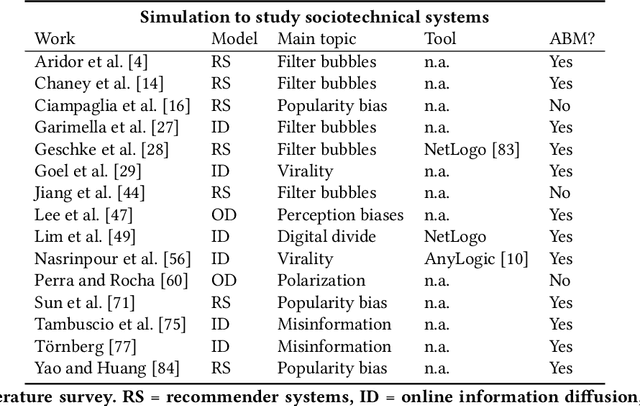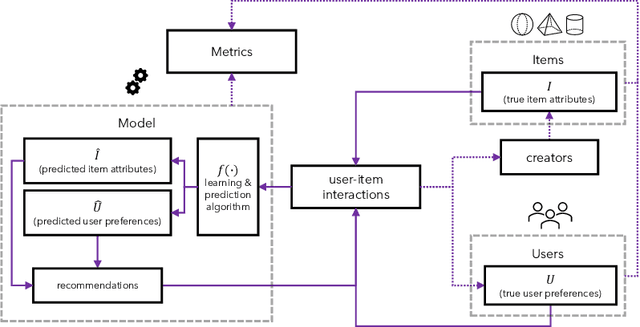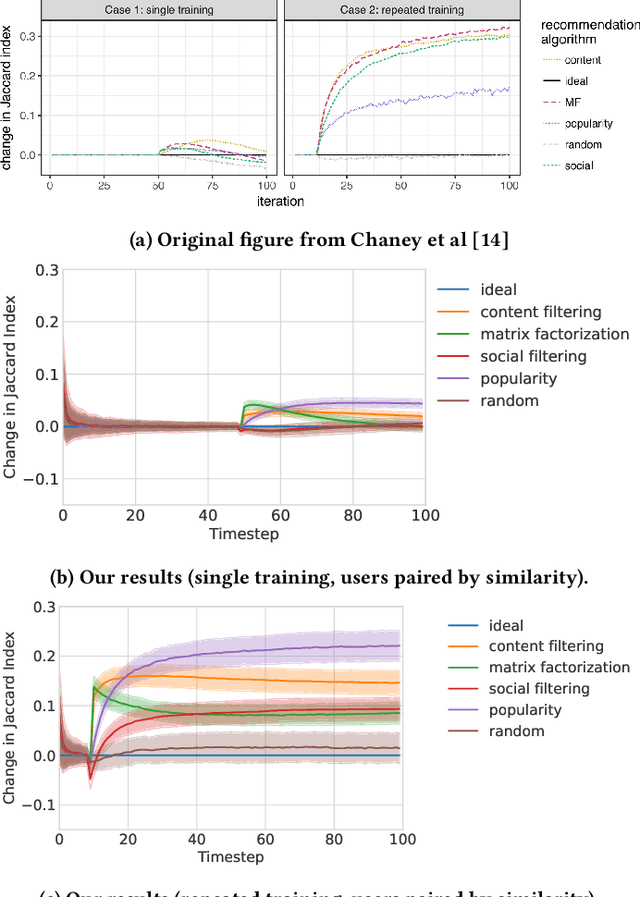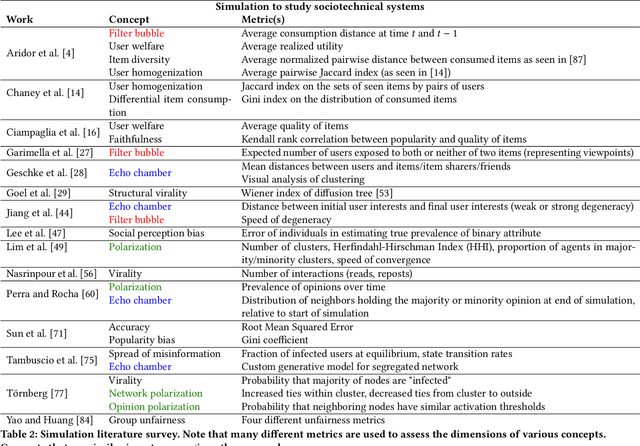Amy Winecoff
Upvotes? Downvotes? No Votes? Understanding the relationship between reaction mechanisms and political discourse on Reddit
Feb 19, 2023Abstract:A significant share of political discourse occurs online on social media platforms. Policymakers and researchers try to understand the role of social media design in shaping the quality of political discourse around the globe. In the past decades, scholarship on political discourse theory has produced distinct characteristics of different types of prominent political rhetoric such as deliberative, civic, or demagogic discourse. This study investigates the relationship between social media reaction mechanisms (i.e., upvotes, downvotes) and political rhetoric in user discussions by engaging in an in-depth conceptual analysis of political discourse theory. First, we analyze 155 million user comments in 55 political subforums on Reddit between 2010 and 2018 to explore whether users' style of political discussion aligns with the essential components of deliberative, civic, and demagogic discourse. Second, we perform a quantitative study that combines confirmatory factor analysis with difference in differences models to explore whether different reaction mechanism schemes (e.g., upvotes only, upvotes and downvotes, no reaction mechanisms) correspond with political user discussion that is more or less characteristic of deliberative, civic, or demagogic discourse. We produce three main takeaways. First, despite being "ideal constructs of political rhetoric," we find that political discourse theories describe political discussions on Reddit to a large extent. Second, we find that discussions in subforums with only upvotes, or both up- and downvotes are associated with user discourse that is more deliberate and civic. Third, social media discussions are most demagogic in subreddits with no reaction mechanisms at all. These findings offer valuable contributions for ongoing policy discussions on the relationship between social media interface design and respectful political discussion among users.
T-RECS: A Simulation Tool to Study the Societal Impact of Recommender Systems
Jul 28, 2021



Abstract:Simulation has emerged as a popular method to study the long-term societal consequences of recommender systems. This approach allows researchers to specify their theoretical model explicitly and observe the evolution of system-level outcomes over time. However, performing simulation-based studies often requires researchers to build their own simulation environments from the ground up, which creates a high barrier to entry, introduces room for implementation error, and makes it difficult to disentangle whether observed outcomes are due to the model or the implementation. We introduce T-RECS, an open-sourced Python package designed for researchers to simulate recommendation systems and other types of sociotechnical systems in which an algorithm mediates the interactions between multiple stakeholders, such as users and content creators. To demonstrate the flexibility of T-RECS, we perform a replication of two prior simulation-based research on sociotechnical systems. We additionally show how T-RECS can be used to generate novel insights with minimal overhead. Our tool promotes reproducibility in this area of research, provides a unified language for simulating sociotechnical systems, and removes the friction of implementing simulations from scratch.
 Add to Chrome
Add to Chrome Add to Firefox
Add to Firefox Add to Edge
Add to Edge